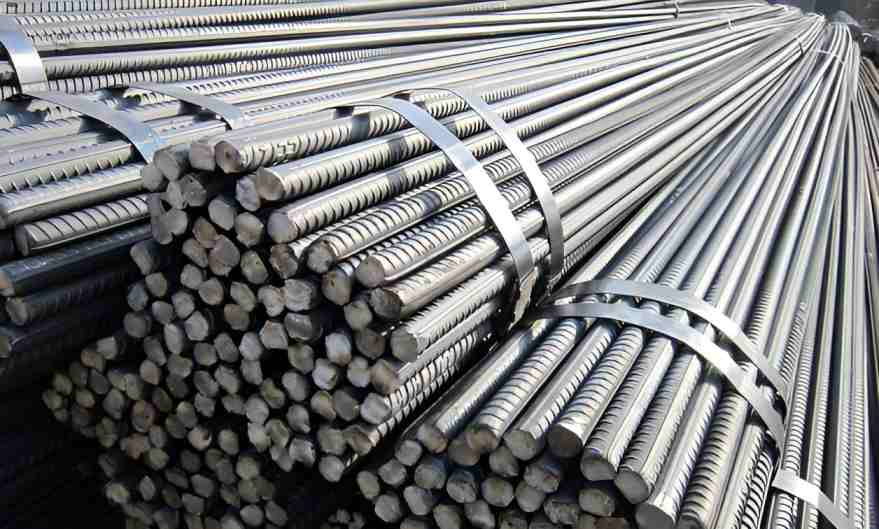New levy on imported steel set to push up construction costs

The Act introduces a 17.5 per cent Export and Promotion Levy on imported iron bars and rods of iron and non-alloy steel, widely used in the construction sector, sparking concerns over increased project expenses.
Construction costs in Kenya are expected to rise sharply following the introduction of new taxes on key building materials under the 2025 Finance Act signed into law by President William Ruto.
The Act introduces a 17.5 per cent Export and Promotion Levy on imported iron bars and rods of iron and non-alloy steel, widely used in the construction sector, sparking concerns over increased project expenses.
The government’s move, aimed at promoting local manufacturing and reducing import dependency, also imposes a three per cent levy on a range of finishing and plumbing products.
These include ceramic flags, wall tiles, finishing ceramics, and sanitary fixtures such as sinks, toilets, bathtubs, faucets, and shower heads, which are common in bathrooms and kitchens.
“The Bill imposes the Export and Promotion Levy on several goods including ceramic flags, finishing ceramics, wall tiles and sanitary fixtures at 3 per cent; and iron, bars and rods of iron and non-alloy steel at 17.5 per cent,” reads the Act signed by the President on Thursday.
While some members of Parliament had pushed for the reduction of the steel and iron levy to cushion the construction sector, the National Treasury’s proposal prevailed, retaining the rate at 17.5 per cent.
This decision has dealt a blow to industry players who heavily depend on imported steel due to Kenya’s limited domestic production capacity.
Steel is one of the costliest construction inputs in the country, with its price index already exceeding 150 in the Construction Input Prices Indices published by the Kenya National Bureau of Statistics.
In 2023, Kenya’s imports of iron and steel from China reached $275.23 million (about Sh35.59 billion), according to the United Nations COMTRADE database.
Local manufacturers often rely on imported semi-finished steel to meet production needs, as domestic facilities are still not sufficient to cover market demand.
The new levies are therefore likely to increase pressure on these manufacturers and contractors, potentially raising prices for housing and infrastructure projects.
The government has defended the new tax measures, saying they are necessary to encourage local industries to expand and meet internal demand.
Officials argue that the policy shift will attract more investment into the steel and housing sectors while supporting job creation.
In addition, the measures are aligned with the government’s broader affordable housing agenda, which seeks to provide more homes for low- and middle-income earners through increased use of locally sourced materials and labour.
